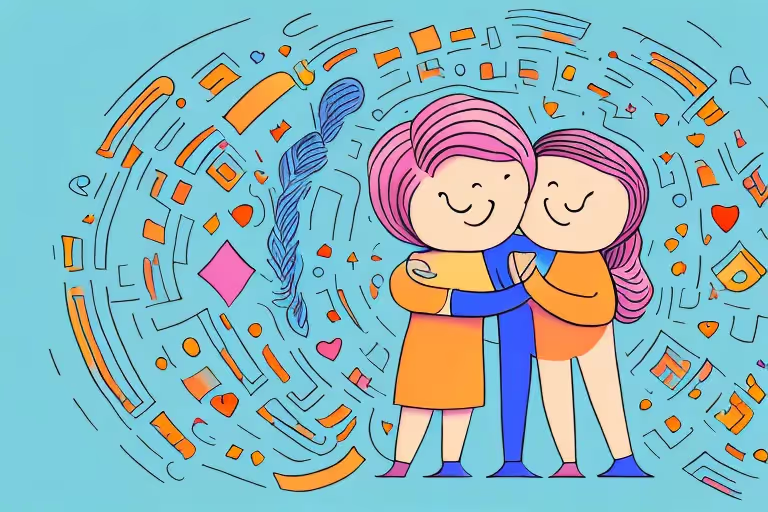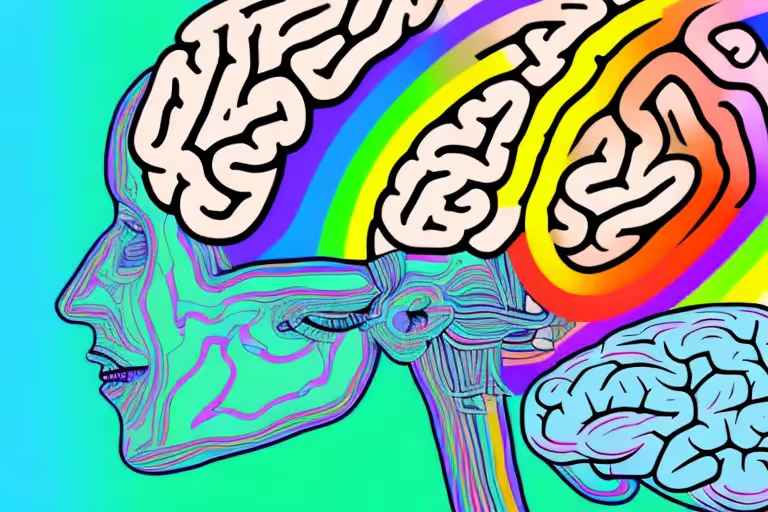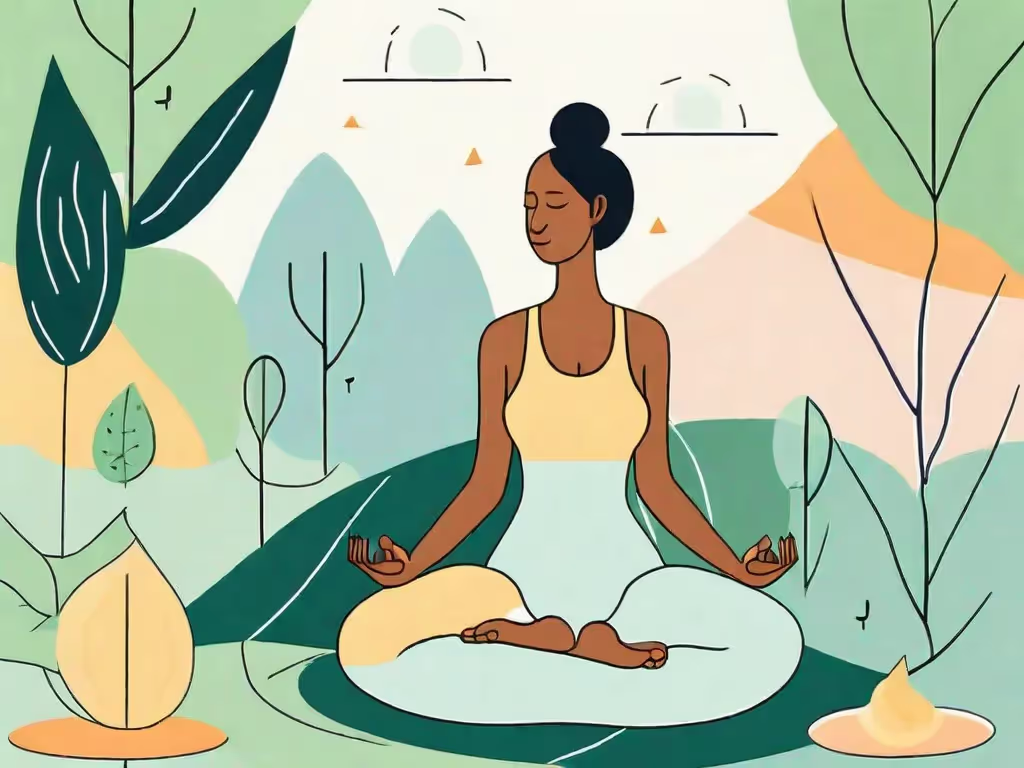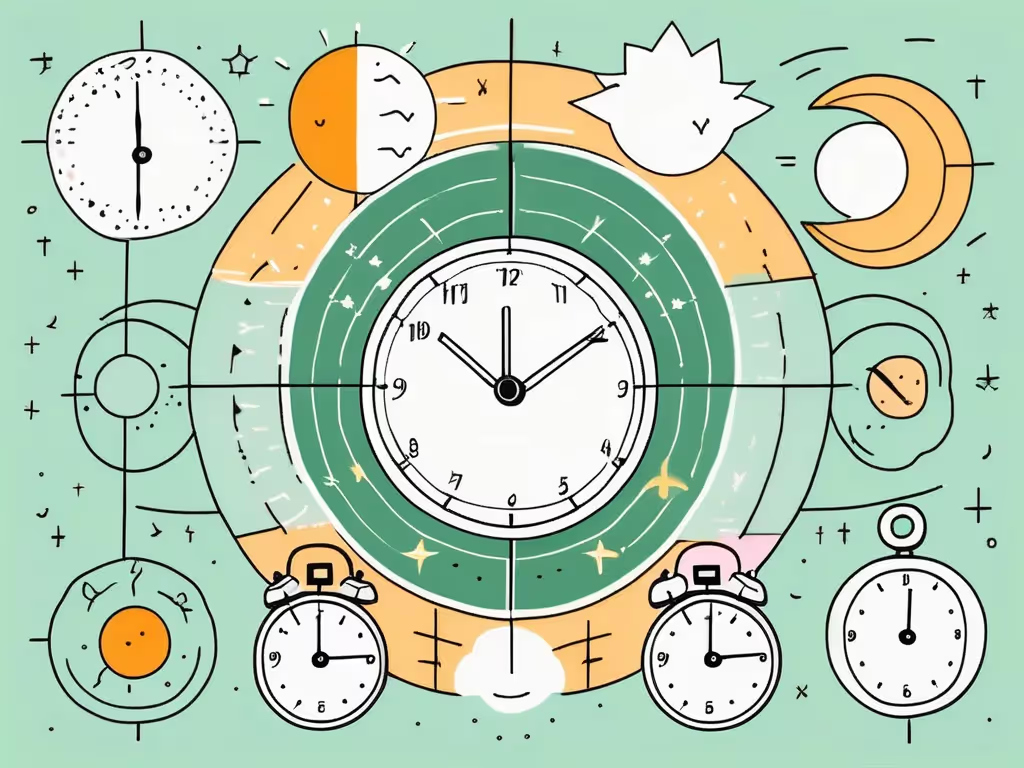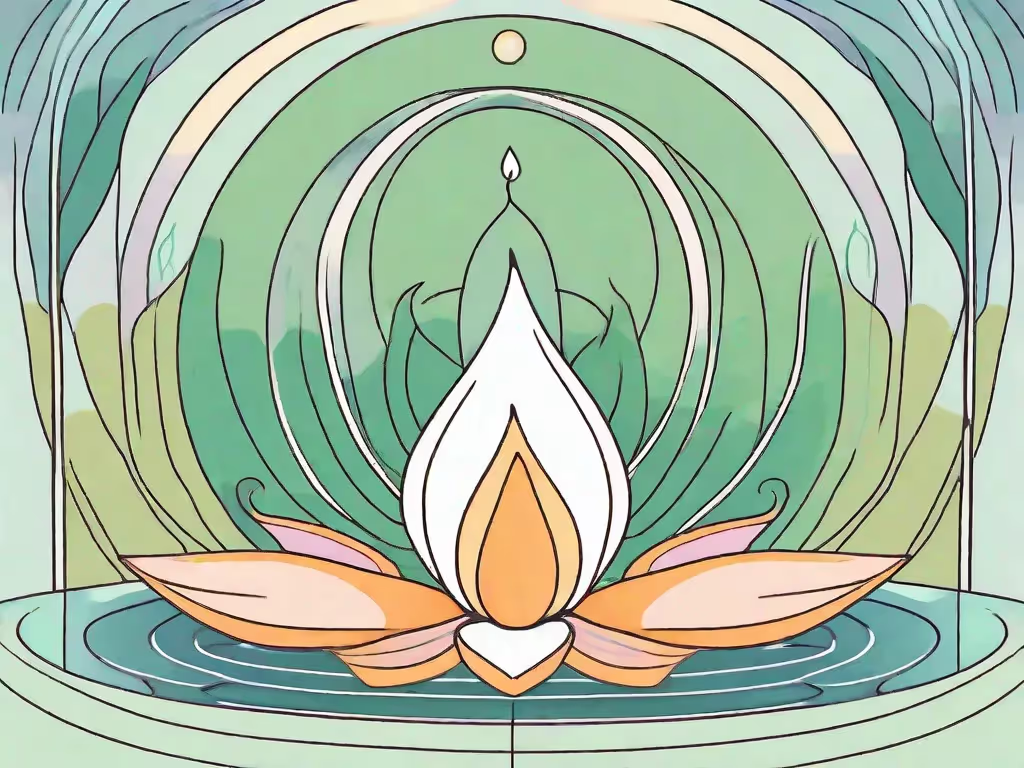If you are suffering from anxiety, worry, or stress, you are not alone. Daily life can sometimes feel overwhelming. For years, I suffered from panic attacks and generalized anxiety. It was a therapist who originally introduced me to meditation over a decade ago. In my personal experience, the practices of mindfulness and meditation supported me more than anything else.
I can still remember feeling the lack of trust that anxiety summoned. It's a feeling of being without solid ground beneath our feet, and it can consume our waking thoughts. In my personal quest for peace, I tried many types of meditation and learned a lot about the value of acknowledging anxious thoughts with mindful awareness. It takes repetition, but it is possible to reframe worry and anxiety. The key is finding what works for you and remembering that change is possible with dedicated practice.
In this article, we will:
- Explore anxiety and its role in our overall health and wellbeing
- Discuss the role of mindfulness in stress reduction and anxiety
- Look at specific advice for meditating with anxiety
- Examine mindfulness techniques to address anxiety in the moment with the 3-3-3 exercise
- Look at different meditations and practices to support a general sense of calm
An Anxious Time
A student of mine recently told me that she belonged to "the anxious generation," which I later found out was an increasingly common phrase. As someone who suffered from anxiety and knew how it impacted quality of life, this piqued my interest. Are people more anxious than they used to be? How prevalent is anxiety today? Get ready for some stats.
- According to the National Institute of Mental Health (NIMH), in the United States, 31.9% of teenagers between 13 and 18 years old have an anxiety disorder. Jonathan Haidt, a social psychologist, wrote The Anxious Generation, which attempts to understand the increasing prevalence of mental illness, especially among young people.
- Adults are impacted, too. According to NAMI, 19.10% of all adults in the United States have anxiety.
- Anxiety levels have increased globally as well. With 301 million people in the world having a documented anxiety disorder in 2019 alone, according to the World Health Organization, anxiety disorders are the most common of all mental disorders.
The takeaway here is that you're not alone. If you're suffering from anxiety, worry, or stress, there are a variety of mindfulness meditation techniques that can help. The good news is that more resources are going to find ways to remedy anxious thoughts. There are many clinical resources, and among them is mindfulness meditation — a practice that has been scientifically proven to help work you work with anxious thoughts.
Meditating with Anxiety
Why meditate, and is it even possible? Managing anxiety with meditation begins with understanding that it might not be easy to meditate at first. It seems counterintuitive, but if you experience anxiety and are starting a meditation practice to manage your symptoms, be patient and know that you can create a successful practice with the right support. Anxiety and stress can make it more difficult at times because our thoughts seem to get away from us, but with a bit of persistence mindful meditation can help.
Below are some practical tips for incorporating meditation into your daily routine to help manage the symptoms caused by anxiety.
- Start small: sometimes just a few mindful breaths every day can lead to a more regular daily practice. If you are new to meditation and mindfulness or, if you feel resistance, see if you can make a small goal to take 10 mindful breaths a day. Incorporating a simple daily routine to better manage anxiety will help you build confidence and and give you the ability to stay centered throughout your day.
- Try guided meditations for anxiety: A little support from a calm voice and clear instructions can help you to go deeper into a meditation practice, especially if you are predisposed to mind wandering or anxious thoughts that distract us from the present moment. They're like bumper lanes for a wandering mind and can help to guide your thoughts in a way that better serves you.
- Experiment with mind-body practices to increase mindfulness: A body scan meditation can be effective for people who have trouble concentrating. It allows us to get out of our heads and into the body, so to speak, by simply paying attention to the way we feel with focused attention.
Remember to be patient with yourself. We don't have to meditate two hours a day to feel better. As Dr. Martin Luther King Jr. said, “If you can’t fly then run, if you can’t run then walk, if you can’t walk then crawl, but whatever you do you have to keep moving forward.” This is the mindset that helped me to find ways to use meditation for reducing anxiety symptoms and finding increased focus, calm, and peace of mind. And with repetition, I'm confident you can too. Once you begin to incorporate meditation into your daily life, you'll start to feel its calming effects even when you're not actively meditating.
So why does it work? The Mayo Clinic refers to meditation as a complementary medicine stating, "Meditation can help you learn to stay centered and keep inner peace. These benefits don't end when your meditation session ends. Meditation can help take you more calmly through your day."
Anxiety Meditation Practices: Breath and Guided Sessions
Whether you are new to meditation or have been practicing for years, two ways to support a calm mind are with breath and guided support. One of the biggest hurdles for people who are new to the practice is trying to find time. After all, meditation is wonderful, but what do you do when you are living your life and anxious thoughts arrive? We all want to be able to schedule our anxious thoughts for a convenient time, but unfortunately it often doesn't happen that way.
Instead, the 3-3-3 rule is a mindfulness based stress reduction technique that's simple enough for young kids and impactful enough for busy adults.
- Name three things you can see.
- Identify three sounds you can hear.
- Gently move in three different ways, paying attention to the sensation.
These three steps might seem too simple, but they work because they use aspects of mindfulness meditation that brings you into the present by engaging three different senses. They help to move your attention from the recurring thoughts that are playing in your head and can help you reconnect with yourself and your surroundings. Aside from mindful breath work, guided meditations and loving kindness meditations are also effective ways to address anxiety symptoms.
If you are by yourself, try this simple and quick guided meditation technique:
- Sit tall and close your eyes.
- Imagine someone you love and respect and send them positive thoughts and love. Wish them peace, health, and joy.
- Imagine someone you feel neutral about and send them the same positivity and love. Wish them peace, health, and joy.
- Imagine sending yourself this same positivity and love. Wish yourself peace, health and joy.
As you continue to practice, you can add a fifth step, to imagine someone you have had a difficult relationship with or who makes you anxious. Send them the same positivity and love. Wish them peace, health, and joy. It can take a few tries to work up to this, so be gentle with yourself. And if this type of guided exercise feels too intense for you, then you can simply go back to taking 10 mindful breaths.
The development of personalized guided meditation practices allows you to create a sustainable practice to manage anxiety, so it's important to take things slowly and pay attention to the way you respond.
How Meditation Supports Calmness
As humans, we will always have emotional reactions. But when you feel your mind spiraling out in a way that makes you unable to control anxiety, simple practices can support. They can augment the benefits of traditional therapy and support the effects of life coaching. To keep yourself calm all the time is not possible, but to find an increased ability to return to calmness quickly is not only possible, it's life changing. And if you're trying to better manage the symptoms caused by anxiety, then mindful meditation is a tool that will help you along the way.
I've felt the benefits of meditation first-hand. It hasn't erased my stressors, but it has taught me to bounce back quicker, build resilience, and live in a more mindful way, appreciating the present moment. So whether you're just starting to build your mindful meditation practice for anxiety, don't forget to come back to the core principles we talked about — start small, use guided meditations, use mind-body scans, and when in doubt come back to 10 mindful breaths.
At Aura, 97% of people find more calmness in just three days, which speaks to the power of meditation and mindful practices. If you’re looking for more guidance, community support, and resources to support anxious thoughts, join me at Aura, the most holistic meditation app on the market, for 30 days free.



.webp)







.avif)

%20(1).avif)


.avif)
.avif)
.webp)


.avif)


















































































































.avif)

















.svg)
